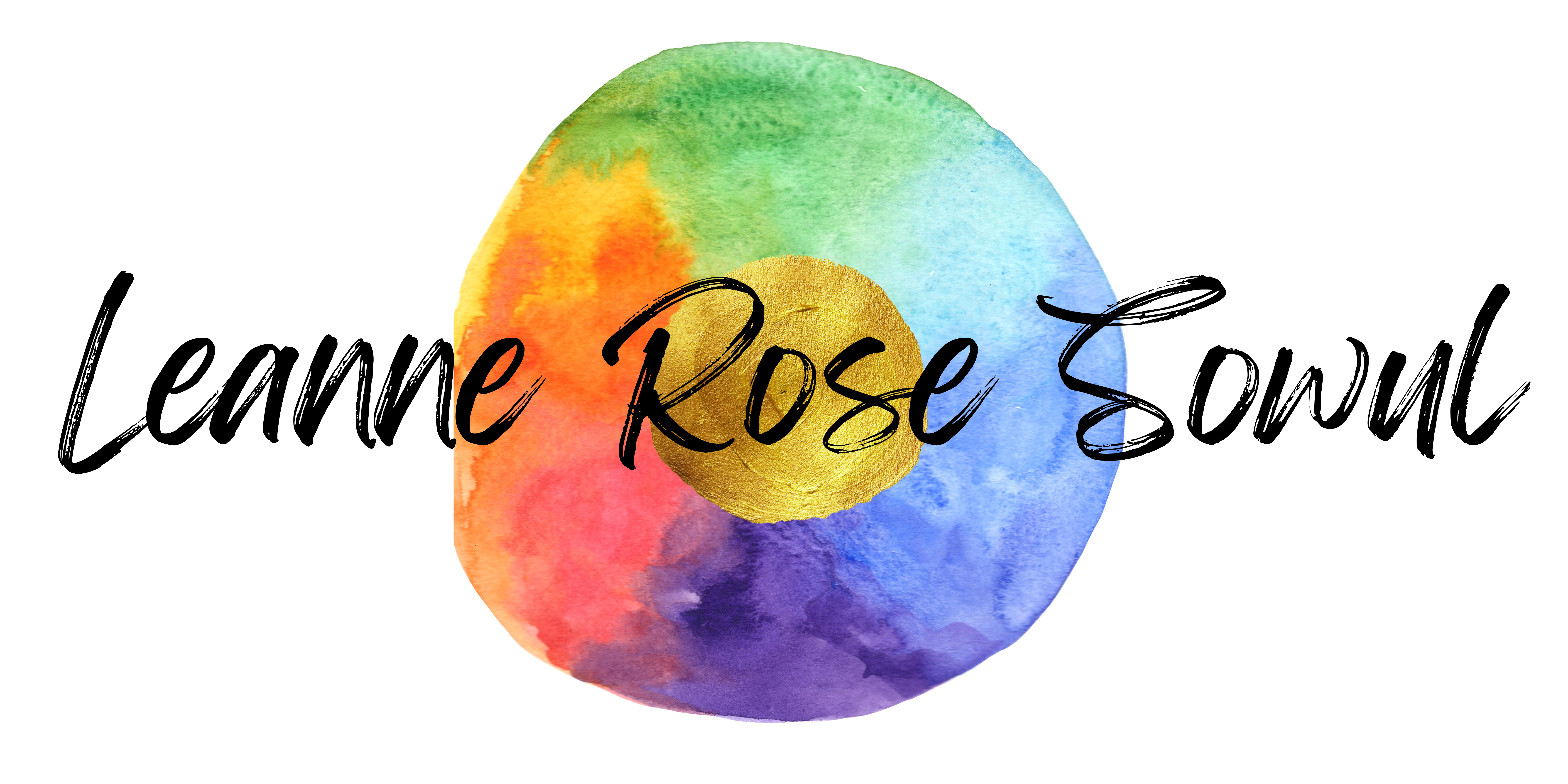I’ve been trying to think up my next writing project, and no matter where my thoughts go, I always end up in the same two places.
What do I have to offer?
What does the world need?
The Venn diagram of where the two meet is where I should put my energy. But it’s taking a lot of mental struggle to find it.
I don’t have a definite answer yet, but I thought it might be helpful to share my mental-struggle process.
Begin with the Ending
My first step is to think about my end goal. Who am I trying to reach? What’s my target audience, and how can I best serve them?
This varies per project, but in general, I believe it’s more important to have a core group of readers who engage on a higher level than to have a larger number of lower-engagement readers. I also value having an unwritten contract with my readers, one that requires consistency on my part and trust on theirs. This relationship obviously takes time, which I factor into the creation of my project.
There are readers out there who don’t yet know me, but when they read their first post, newsletter, essay or book of mine, they will feel a spark. They will recognize a kindred spirit. (Sidebar: I’m currently re-reading Anne of Green Gables and therefore using that phrase constantly.) Maybe, like me, that reader feels that she is creative but isn’t sure where to direct her creativity. Maybe that reader also has a busy life, and likes being productive but doesn’t like wasting her time. Or maybe that reader will connect with my voice or values over the content of my writing. In short, I’m seeking a reader who has the imagination and empathy to forge a connection with me and my work.
This is the reader that I aim to serve; multiply that reader by hundreds and thousands, and I’ll have a stronger platform from which to serve all. And I can’t serve that reader unless I start the project with her in my mind. I must begin with the ending.
End with the Beginning
Most writing advice tells us to draft first and find the themes later, because “theme” is a higher-order writing skill. It’s not the base of the pyramid, it’s the tip. This advice doesn’t work for me. It’s vital for me to know at the outset what values I’m trying to communicate, and how that will become the theme of the work. That’s true whether I’m writing a novel or a flash piece, fiction or nonfiction. I can’t form characters or plot or even point of view until I know my underlying message. And that means I have to know what I, as a writer, value.
In essence, whatever idea I end up with originated in my core values. The end is found in the beginning.
I think what I’m realizing/understanding/remembering through writing this post is that finding an idea isn’t a linear process. It isn’t even a hop-skip-and-jump-around process. It’s cyclical. You think of the end, you think of the beginning. You search for ideas, the ideas find you. You filter ideas, they hammer their way back in.
In this cycle, you are both the artist and the muse.



I also desire to know the themes I’m writing about before I start writing so that it can inform my story. I do not wish to discover what my themes happen to be once a story is completed. Knowing what I want to convey beforehand is what drives me to get the story out.
Yes, Justin, it is the driver. I need that motor, and it always surprises me how few writing books put it at the end instead of the beginning!